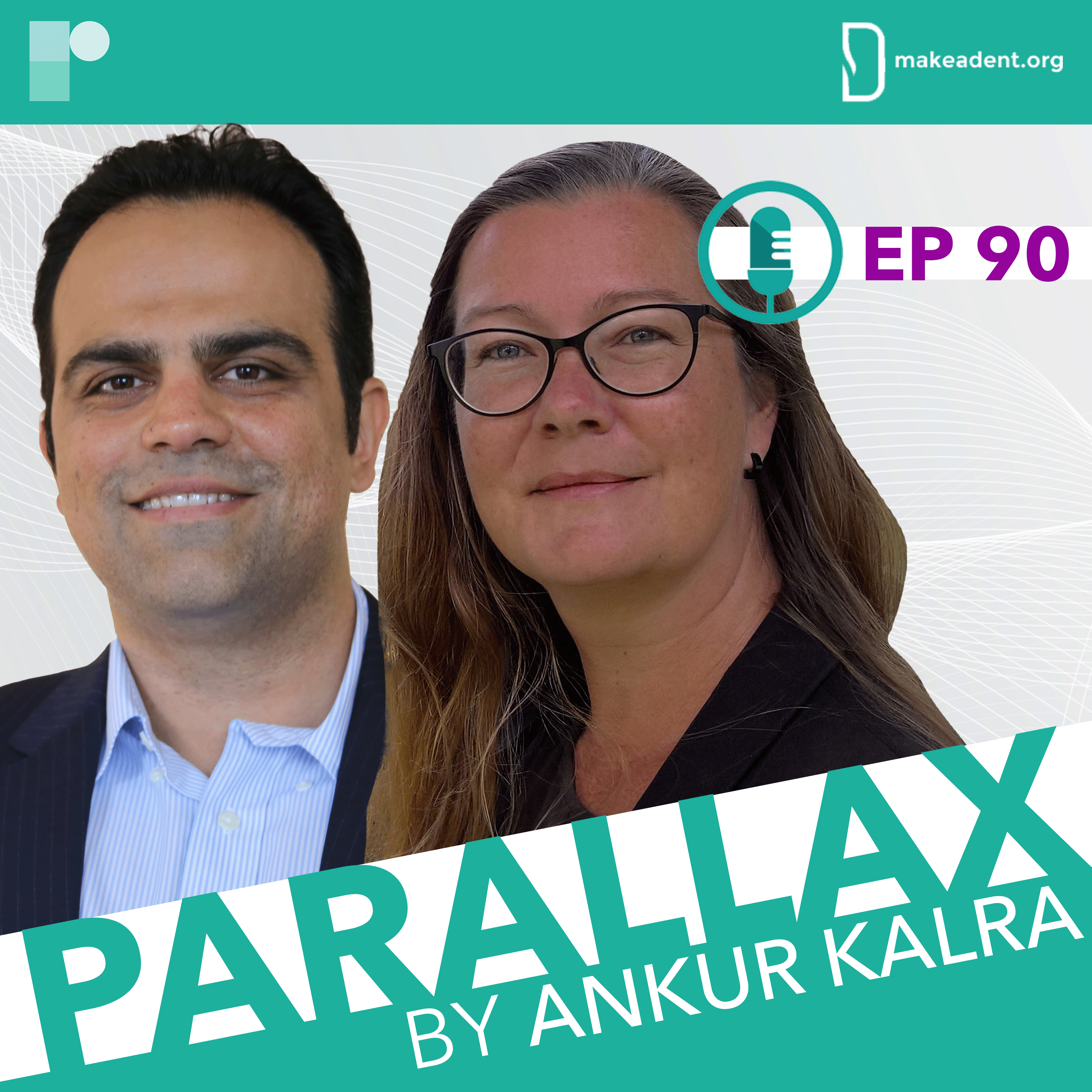
Bullying is a phenomenon that most of us are familiar with, whether through personal experience or through the stories of friends and colleagues. But what exactly is the impact of bullying on an individual and, in turn, on their community or field of work? In the context of medical science, the consequences can be particularly dire.
In the latest episode of Parallax, Dr Ankur Kalra's guests are Dr Susanne Täuber and Dr Morteza Mahmoudi. Dr Täuber, an expert in organisational behaviour, was recently terminated for speaking out against discrimination at her institution. Dr Mahmoudi is a radiologist at Michigan State University and co-founder of @AcademicParity movement.
Dr Mahmoudi and Dr Täuber teamed up to explore bullying in academic settings. Together with Dr Kalra they discuss why bullies thrive in such environments and the ways institutions enable such behaviour. Dr Täuber offers solutions and a critical overview of institutional narratives, while Dr Mahmoudi highlights the long-term effects on academic work and medicine. They call for action against toxic behaviour and for stakeholders to eliminate incentives for universities to support perpetrators.
What prompted Dr Mahmoudi to write about academic bullying? How do we disrupt toxic behaviours? What is Dr Täuber’s and Dr Mahmoud’s message to individuals who have been targeted by perpetrators?
Reinstate Susanne Täuber, protect social safety and academic freedom at the RUG (openletter.earth)
Resources:
Täuber S & Mahmoudi M. Disrupting targets’ dependency on bullies. Science 2022.
doi.org/10.1126/science.abo3412
Mahmoudi M. Academic bullying slows the evolution of science. Nat Rev Mater 2023.
doi.org/10.1038/s41578-023-00549-x
Mahmoudi M. Academic bullying: How to be an ally. Science 2021.
https://doi.org/10.1126/science.abl7492
Mahmoudi M. A survivor’s guide to academic bullying. Nat Hum Behave 2020.
doi.org/10.1038/s41562-020

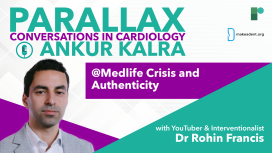
Rohin shares an advice that he received at the beginning of his career: “If you can deal with an average day, the exciting day will take care of itself.”
Ankur asks Rohin about Medlife Crisis and the work that goes into producing a show followed by 500K people. Rohin reiterates his passion for research and science communication. Ankur and Rohin discuss what it means to be yourself on social media and what is Rohin’s advice to our early-career listeners.
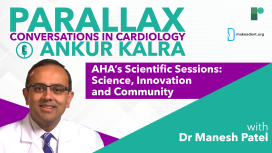
In this information-packed episode, Dr Patel takes us behind the scenes and talks about the work that goes into the curation of the programme and the considerations that shape the event. Dr Kalra asks Dr Patel about his highlights over the years and the movement and changes that he observed as vice chair and chair of the event. Dr Patel elaborates on the key late-breaking science trials in 2022. Dr Kalra and Dr Patel discuss the grading system of the award applications and share some useful information with our listeners.
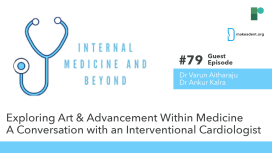
Exploring Art & Advancement Within Medicine - A Conversation with an Interventional Cardiologist.
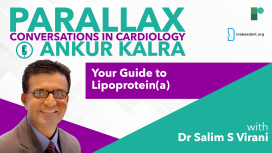
Dr. Ankur Kalra invites Dr Salim S Virani to help simplify the concept of Lp(a) with answering key questions about its measurement and its place in practice and prevention.
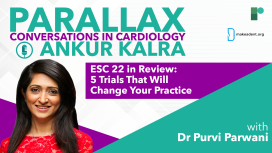
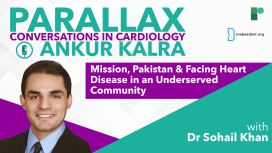
Dr Khan talks about education in the US and his decision to move back to Pakistan. Ankur asks Sohail about his new professional home: NICVD, a free clinic providing primary heartcare for Pakistanis. They discuss some of the innovations Dr Khan works on to improve patient care that utilise simple but effective interventions. We learn more about free screening clinics and about Dr Khan’s work on the largest ever study in Pakistan on association of Lpa and CV disease in South Asians.
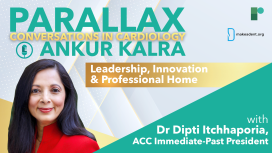
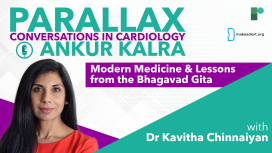
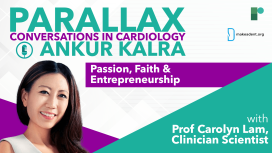
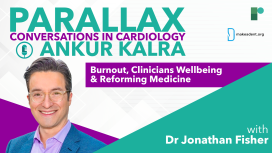



What is the Global Cardiology University project? How does Dr Anavekar encourage trainees to re-examine their role in patient care? What is his advice to our listeners?

As Dr Kalra asks Dr Rao about the ways in which early career faculty members can get involved with the organization at a state level. Dr Rao shares his insider tips and highlights key events where individuals can further their participation.
How can you get involved with your local ACC chapter? How can you improve your leadership skills? What is Dr Rao’s advice for our listeners?

He explains how the complexity of nutrition and the compounds generated by the gut microbiome can impact our health. We learn more about three compounds produced by our gut microbiome that have a strong connection with heart disease.
Through this conversation, Dr Vuyisich invites us to reframe our approach to nutrition and prevention as a question of food education and data-driven science.





